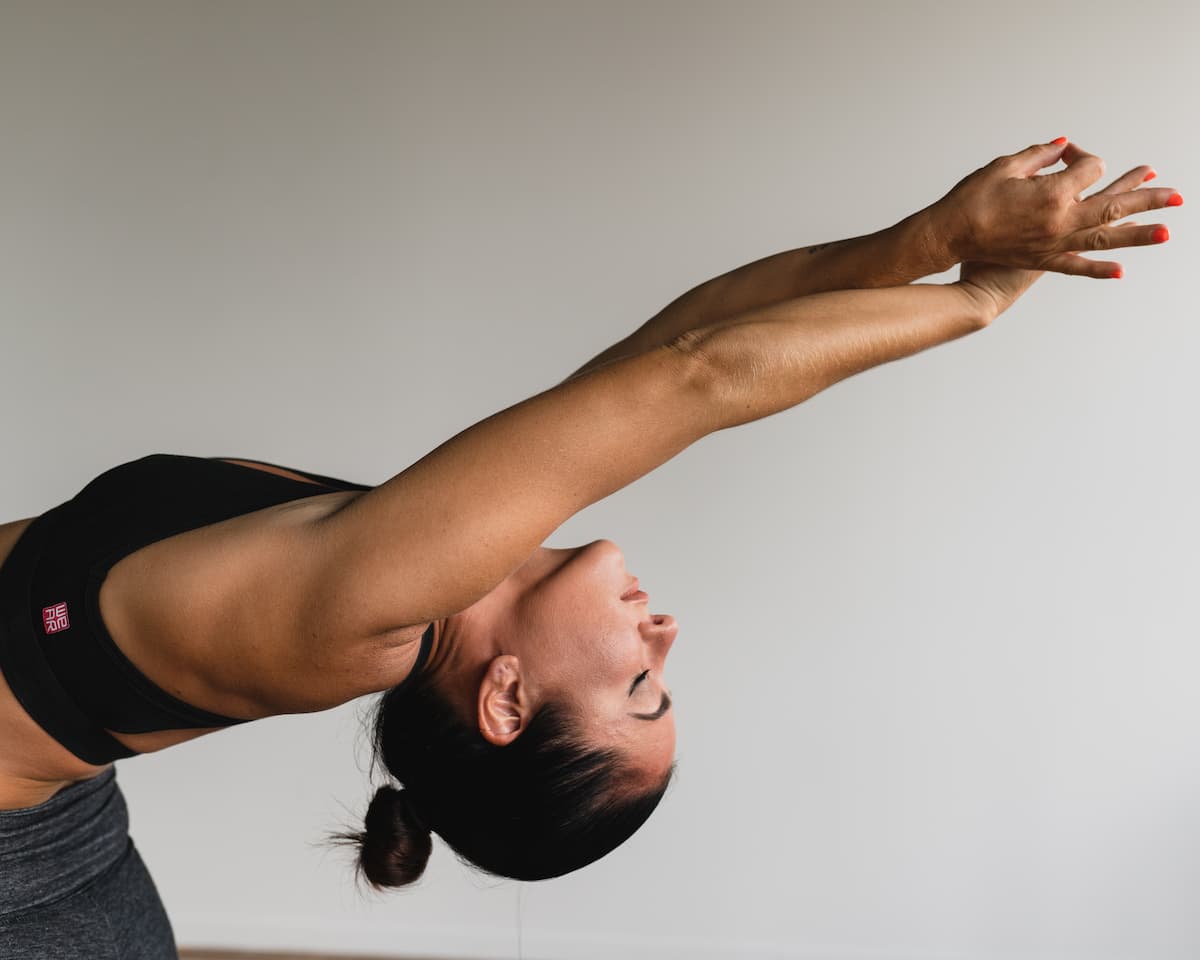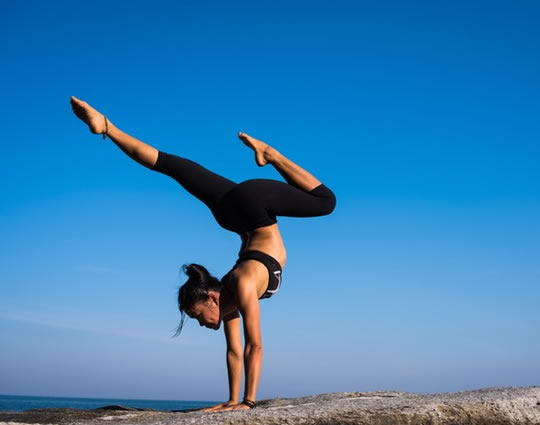Yoga is a centuries-old practice that harmonises the body, mind, and spirit.
Immediate benefits of yoga practice
Stress reduction and mental clarity
One of the most immediate effects of yoga is its ability to reduce stress.
The focused breathing and gentle movement promote a calming effect on the nervous system.
Yoga helps clear mental clutter, leaving you with a sense of clarity and peace.
Regular practice can even improve your ability to handle stressful situations more calmly.
Studies indicate that yoga lowers cortisol levels, the hormone associated with stress.
This contributes to overall emotional stability and resilience.
Physical improvements: flexibility and strength
Yoga is widely recognised for enhancing flexibility.
Even beginners often notice improvements in their range of motion within weeks.
The poses, known as asanas, also build strength by engaging multiple muscle groups.
This can improve overall physical performance and reduce the risk of injury.
Increased flexibility and strength contribute to better posture and reduced discomfort from prolonged sitting or standing.
Yoga also enhances joint health by promoting mobility and reducing stiffness, particularly in weight-bearing areas like the knees and hips.
Long-term health advantages
Cardiovascular health enhancement
Yoga can support heart health by lowering blood pressure and improving circulation.
The deep breathing techniques associated with yoga enhance oxygen flow throughout the body, benefiting cardiovascular function.
Research has shown that regular yoga practice may reduce the risk of heart disease by managing stress and promoting physical activity.
Additionally, yoga aids in cholesterol management by improving lipid profiles, which contributes to a healthier cardiovascular system.
Chronic pain management
Individuals with chronic pain conditions, such as arthritis or lower back pain, often find relief through yoga.
The gentle movements and stretches can reduce stiffness and improve mobility.
Yoga also teaches mindfulness, which helps individuals cope better with pain and reduces the emotional burden of chronic conditions.
Furthermore, yoga strengthens the core and improves spinal alignment, addressing common sources of pain.
Specialised applications of yoga
Athletic performance enhancement
Athletes incorporate yoga into their routines to improve flexibility, balance, and focus.
Yoga complements other forms of exercise by promoting recovery and preventing injuries.
It enhances coordination, making it easier for athletes to execute complex movements efficiently.
Yoga also fosters mental discipline, which is crucial for athletes striving to reach peak performance.
Prenatal and senior health
Pregnant women can benefit from prenatal yoga, which helps reduce stress, improve sleep, and alleviate discomfort associated with pregnancy.
It also prepares the body for childbirth by strengthening key muscle groups and promoting relaxation.
For seniors, yoga helps maintain mobility, reduce the risk of falls, and improve overall quality of life.
Gentle yoga routines cater specifically to older adults, making it accessible and effective.
Senior-focused yoga also addresses age-related issues such as osteoporosis and joint pain, promoting longevity and independence.
Scientific insights into yoga
Research on physiological impacts
Studies have shown that yoga positively impacts the endocrine system, helping to regulate hormones.
It can also improve immune function, making the body more resilient to illnesses.
Yoga’s effects on the nervous system include promoting a parasympathetic state, which is associated with relaxation and healing.
Emerging research suggests that yoga influences gene expression, potentially enhancing the body’s ability to combat inflammation and stress-related diseases.
Understanding the mind-body connection
Yoga fosters a strong connection between the mind and body, improving self-awareness.
This awareness helps individuals recognise and address physical or emotional imbalances.
It also enhances focus and concentration, which benefits both personal and professional life.
Through regular practice, individuals learn to better manage their emotional responses and cultivate a more positive outlook.
Practical guidance for incorporating yoga
Starting a personalised yoga routine
Begin by setting realistic goals, such as practising yoga for 15 minutes a day.
Choose a style of yoga that aligns with your needs, whether it’s gentle hatha yoga for relaxation or dynamic vinyasa yoga for a more intense workout.
Consider joining a local class or following online tutorials to learn proper techniques and stay motivated.
Invest in basic equipment like a quality yoga mat and comfortable clothing to enhance your practice.
Integrating yoga with daily activities
Incorporate yoga into your day by practising short sequences during breaks or after waking up.
Use yoga to complement mindfulness practices like meditation or journaling, creating a holistic approach to well-being.
Consistency is key, so aim to make yoga a regular part of your routine, even if it’s just a few minutes a day.
Incorporating yoga into your family’s routine can also strengthen bonds and promote collective well-being.
Conclusion
Yoga offers a wealth of benefits that extend beyond the mat, improving physical health, mental well-being, and overall quality of life.
Whether you’re seeking stress relief, enhanced flexibility, or a stronger mind-body connection, yoga has something to offer everyone.
By incorporating yoga into your routine, you can experience its transformative effects and create a healthier, more balanced lifestyle.
The journey of yoga is deeply personal and evolves over time, making it a practice that can grow with you.




